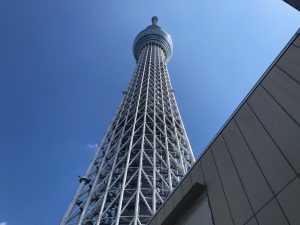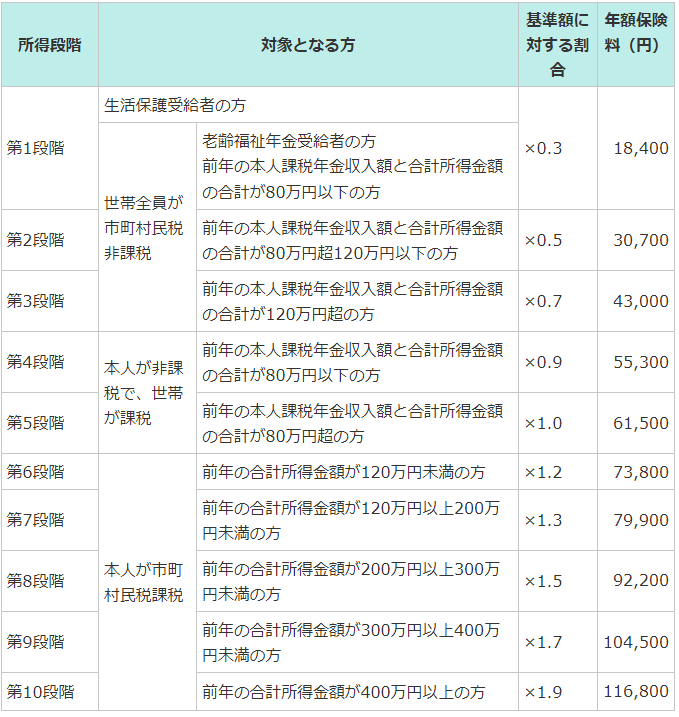
Income in the Philippines is a hot topic on the blogs of Japanese living in the Philippines.
Based on the NUMBEO website, the average salary for Filipinos is 15,214 PHP, or about 33,000 yen in Japanese Yen. On the same site, the average Japanese salary after taxes is 280,202 yen, or 127,000 PHP in Philippine pesos. Since the Philippine income tax does not go up to 500,000 pesos per year, we can assume that the salary is taken at face value.
In the case of Japan, the employee pension and health insurance are deducted, so the real salary is several tens of thousands of yen less, but the salary of Japanese is 8.3 times as much as that of Filipinos. Since the price of goods in the Philippines is one eighth of Japan's price, I can almost agree with the result of this survey.
If we compare the growth rate of GDP other than salaries, the GDP growth rate is 6.7% in the Philippines compared to 1.53% in Japan. The population growth rate was 1.57% in the Philippines compared to -0.21% in Japan. It is clear that the growth of the Philippines is remarkable compared to Japan. Perhaps reflecting this, when comparing the housing interest rate, Japan's rate is 1.73% and the Philippines' rate is quite high at 7.72%. It is said that the rate of price increase is 2.5% in the Philippines compared to 0.8% in Japan. The fact that the interest rate is higher than the rate of price increase is worrisome, but this may be because the ratio of bad debts is high in the Philippines, or because housing prices are rising every year, so people may be borrowing money because it is more profitable to buy a house with this interest rate.
Housing prices are also quite high in the Philippines. Especially in the Metro Manila area, it is not unusual for a house to cost around 20 million yen, which is absurdly high, equivalent to 50 years of the aforementioned average take-home pay. I wonder if these houses are bought by Filipinos working overseas. It's an amount of money that ordinary people can't afford.
The average life expectancy is 84.1 years for Japanese and 68.5 years for Filipinos. Looking at males alone, the average life expectancy is 81.4 years for Japanese and 65.3 years for Filipinos, a difference of 16 years. The healthy life expectancy of Japanese men is 72.1 years and that of Filipino men is 58.6 years, a difference of 13 years. In the Philippines, people over 60 years old are called seniors, and it is easy to understand why they have various privileges when looking at this life expectancy. In Japan, the age of 65 or older is considered senior citizens, and in some cases, the age of 70 or older is appropriate from the point of view of life expectancy.
Translated with www.DeepL.com/Translator (free version)









